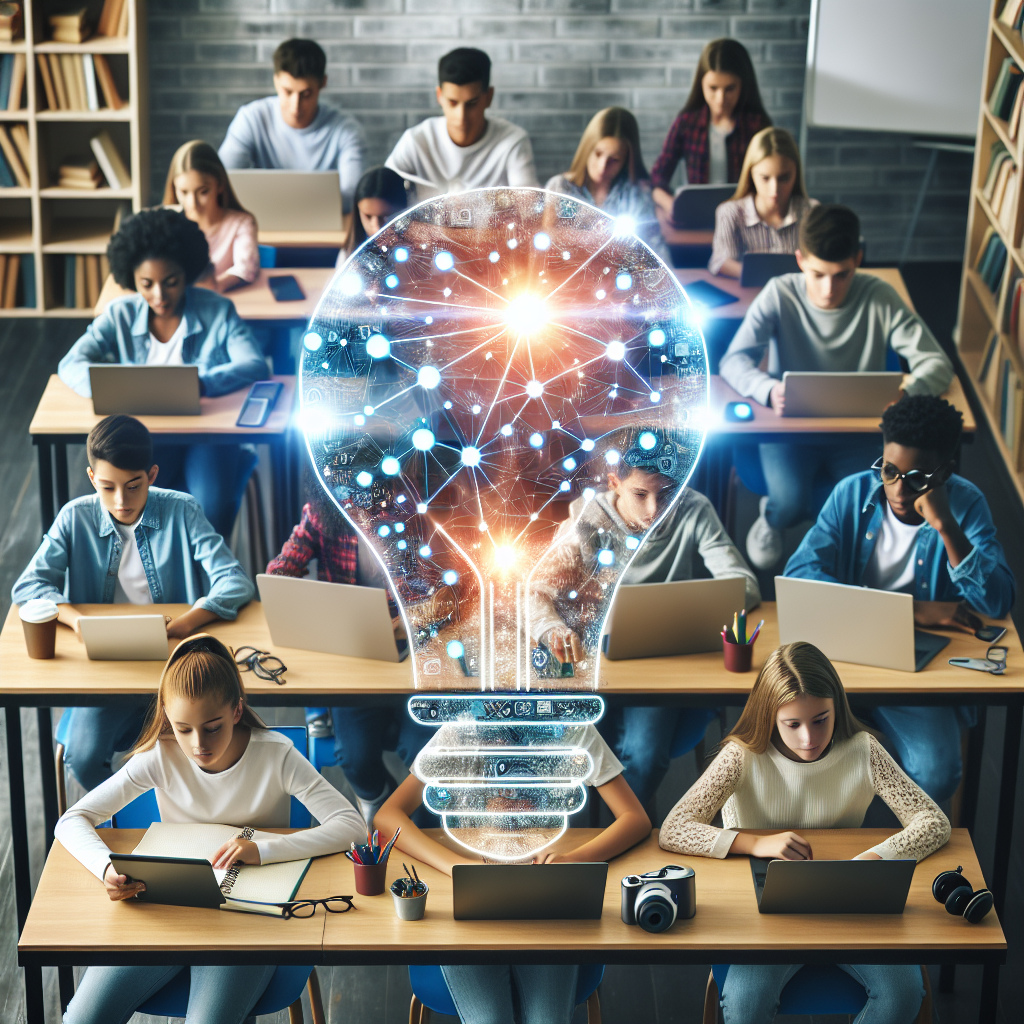In recent years, artificial intelligence (AI) has become an increasingly important tool in the field of education, particularly when it comes to personalized learning. By leveraging the power of AI, educators can create more adaptive and personalized learning experiences for their students, leading to improved outcomes and a more engaging learning environment.
One of the key benefits of using AI tools for personalized learning is the ability to tailor instruction to the individual needs and learning styles of each student. Traditional one-size-fits-all teaching methods can often leave some students behind, as they may struggle to keep up with the pace of the class or find certain concepts difficult to grasp. AI tools can help address these challenges by providing personalized instruction that is tailored to each student’s specific needs.
For example, AI-powered learning platforms can analyze data on a student’s performance and progress, identifying areas where they may be struggling or excelling. Based on this information, the platform can then recommend specific learning activities or resources that are best suited to the student’s individual needs. This can help ensure that each student is receiving the support and guidance they need to succeed, regardless of their learning style or pace.
Another benefit of using AI tools for personalized learning is the ability to provide immediate feedback to students. Traditional assessment methods often involve waiting for a teacher to grade assignments or tests, which can be time-consuming and may not provide timely feedback to students. AI tools, on the other hand, can provide instant feedback on student performance, allowing students to quickly identify areas where they may need to improve and take immediate action to address any issues.
Additionally, AI tools can also help educators track student progress more effectively, allowing them to monitor trends in student performance and identify areas where additional support may be needed. By analyzing data on student performance over time, educators can gain valuable insights into each student’s learning journey and make informed decisions about how best to support their development.
Overall, the use of AI tools for personalized learning has the potential to revolutionize the way we educate students, providing a more adaptive and engaging learning experience that meets the individual needs of each student. By leveraging the power of AI, educators can create a more personalized and effective learning environment that empowers students to reach their full potential.
FAQs:
Q: How can AI tools be used to personalize learning for students?
A: AI tools can analyze data on a student’s performance and progress, identifying areas where they may be struggling or excelling. Based on this information, the platform can then recommend specific learning activities or resources that are best suited to the student’s individual needs.
Q: What are some examples of AI tools that can be used for personalized learning?
A: Some examples of AI tools for personalized learning include adaptive learning platforms, intelligent tutoring systems, and virtual learning assistants.
Q: How can AI tools provide immediate feedback to students?
A: AI tools can provide instant feedback on student performance, allowing students to quickly identify areas where they may need to improve and take immediate action to address any issues.
Q: How can educators track student progress using AI tools?
A: AI tools can help educators track student progress more effectively by analyzing data on student performance over time, allowing them to monitor trends in student performance and identify areas where additional support may be needed.

